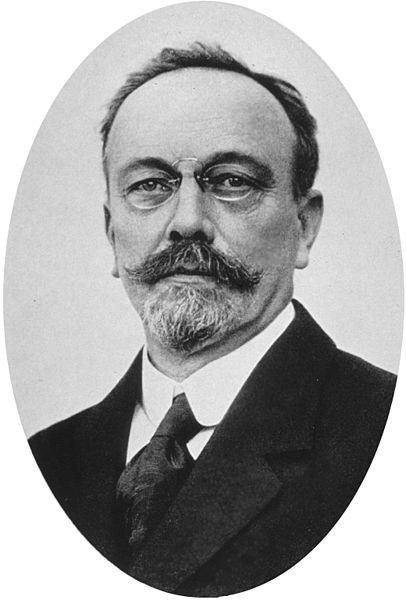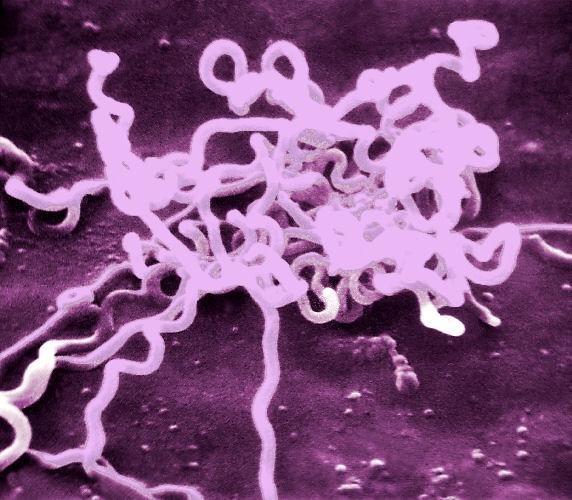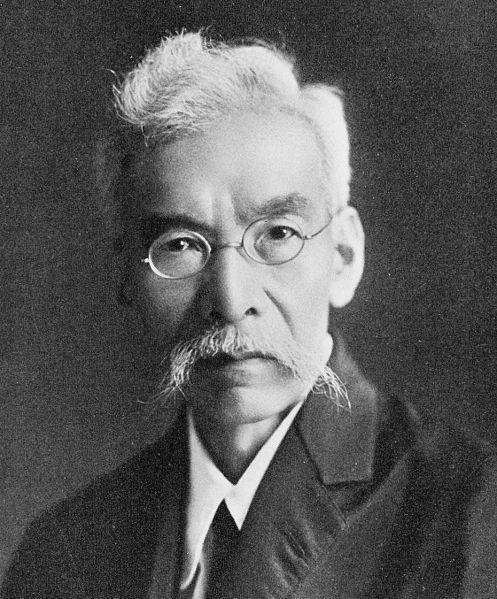On December 10, 1927, the annual Nobel Prize presentation ceremony was held at the Stockholm concert hall in Norway. As a result of the previous year, 1926, the Nobel committee did not select the appropriate winner, and in accordance with the Nobel Prize, the 1926 prize could be kept for a year. The Nobel Prize for physiology or medicine, which has been delayed for a year, was awarded to JohannesFibiger, a Danish scientist.
This time, the Nobel Prize was completely wrong
Photograph of Johannes faber award winning time (wikipedia)

It was a great consolation for phoebe, who was suffering from colon cancer and a serious heart disease at the age of 60. He died a month after the award.
However, this honor was later proved to be the biggest mistake in the history of the Nobel Prize in physiology or medicine. The Nobel committee because sometimes the choice of winners is not comprehensive, just and cause disputes, such as missing a person contribute, or will not have too big contributions are also counted in the winners, but these are really just "honor" level of controversy. In 1926, the award was given to the wrong study, the wrong conclusion.
What was the reason for Johannes fibge's award? He was then known as the world's first man in cancer research. At the beginning of the 20th century, there was a very limited understanding of cancer, and countless scientists were studying it in the hope of finding out what causes cancer. Some people think that cancer is completely caused by problems within the body. Some people believe that external factors can also cause cancer.
Febge supports the notion that "external factors cause cancer." From 1907 to 1913, phoebe, are served as director of the institute of pathological anatomy at the university of Copenhagen, he discovered a special kind of parasites, and found that mice gastric cancer will happen with the parasite, also moved to the lymph nodes and lungs. He then came to the conclusion that "parasites cause cancer" and named the parasite "spirocinoma".

This time, the Nobel Prize was completely wrong
The "spirochete", discovered by phoebe, has now been renamed neoplasticum tube nematodes in accordance with species classification
Soon after, Japan also came the support "external factors cause cancer" the good news: extremely saburo, a professor at the university of Tokyo imperial mountain in rabbits induced by coal tar out of skin cancer. His idea came from the observation of the chimney sweeper: he discovered early on that coal tar cleaners had a higher chance of developing skin cancer. The two studies have been a sensation, and people have finally realized that cancer is likely to be caused by external stimuli. They also provide a broader perspective on cancer research.
This time, the Nobel Prize was completely wrong
SAN ichiro (Wikipedia)
So on December 10th, 1927, it was no surprise that fibig had won the prize. However, there are also questions about the distinction between the SAN ichiro shulang and Mr Febig, whose work is the same and the time for independent results is similar. The question was not unreasonable: in 1925, 1926, and even after the death of SAN ichiro in 1928, he was nominated four times, but he was disappointed. Asian scientists have been forgotten by the Nobel Prize for forgetting the first Nobel Prize in 1901, so it was thought that this was a sign of racial discrimination by the Nobel committee.
As the awards debate was about to be forgotten, there was an unexpected twist.
In 1952, when two American scientists repeated the fibig experiment, they found that his research was simply wrong. It's not because of parasites, but because of A serious lack of vitamin A. A reexamination of the tumor specimens that febge had left behind also confirmed the claim.

Today, the "Nobel Prize for cancer research" introduced by the encyclopaedia britannica has removed all information from the fibig study, only mentioning the results of the study. If you look closely, you will find that the founder of cancer research was only one of the most competitive. In 1966, FolkeHenschen, a former Nobel committee judge, claimed that he had "strongly argued that Dr Hill was a British winner, but unfortunately not enough" to convince all the judges.
It was one of the worst mistakes in the history of the Nobel Prize, and for so many years, the Nobel committee has never taken back the prize, and never got it wrong. The reason for this may lie in the fact that when the truth came out, the two scientists involved had died, and most of the judges were dead. In the pursuit of truth, it is not terrible to err, but the Nobel Prize for its past mistakes is inconsistent with its scientific spirit.